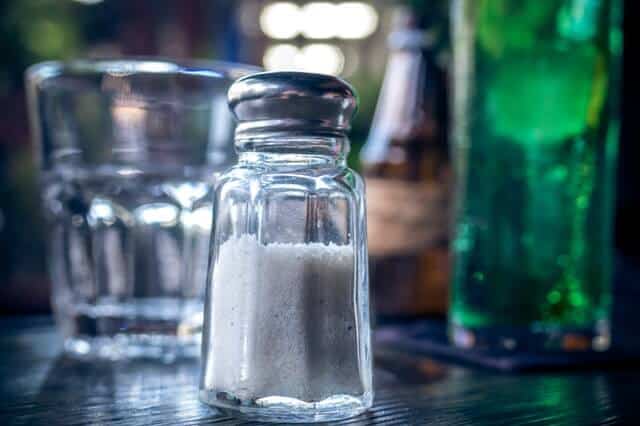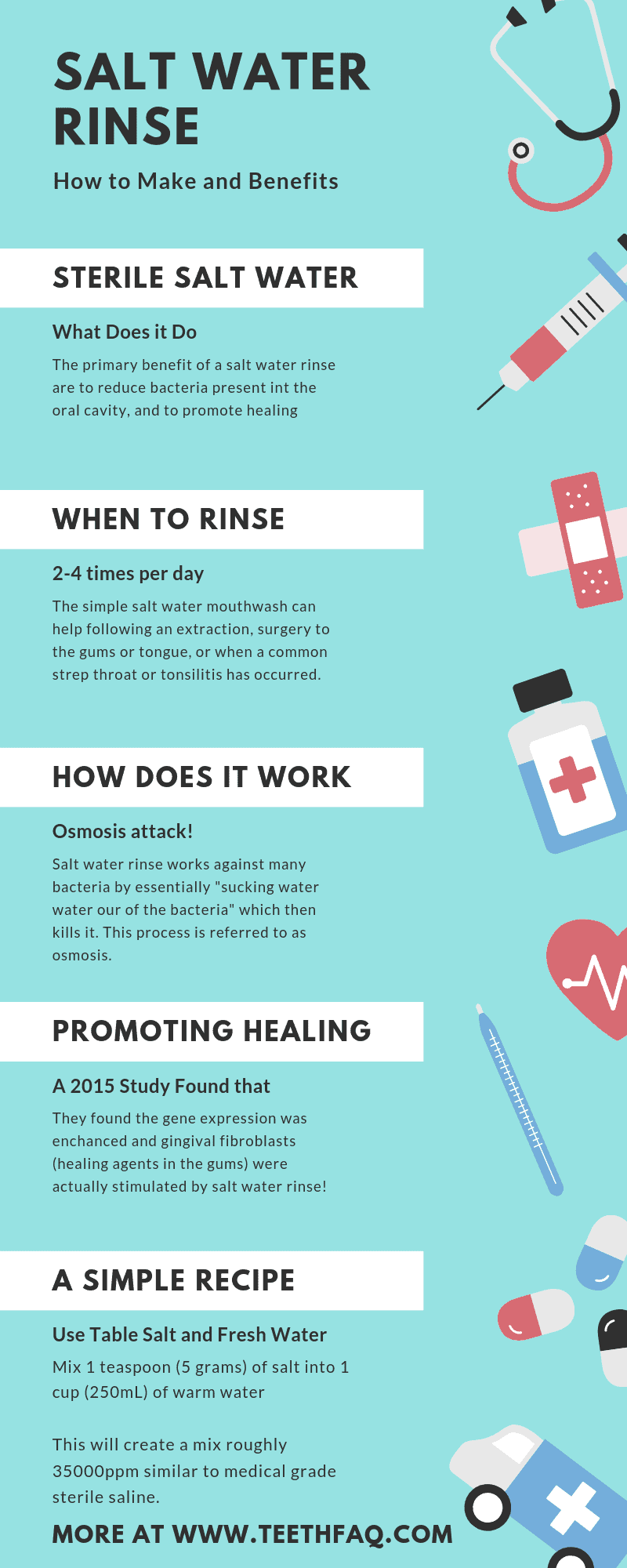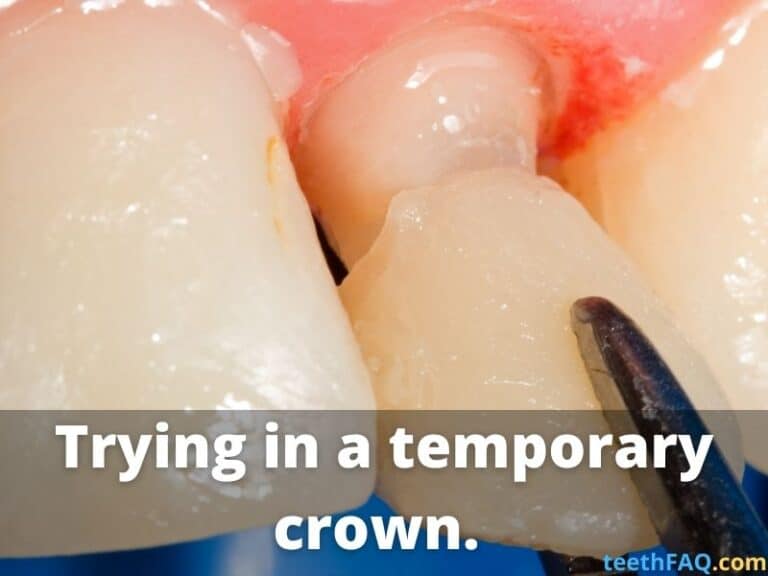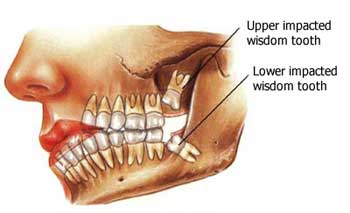How To Make The Best Salt Water Mouth Rinse
After dental treatment a salt water rinse can speed up recovery and help with infections. Proper salt water rinses can ease pain and get rid of smells.
A simple salt water mouth rinse (also known as a saline mouth rinse) can be very beneficial for the mouth and oral health. As an Australian trained practicing dentist, I routinely recommend a salt water mouth rinse after a few different kinds of dental treatment.
Salt water mouth rinse after tooth extraction is one of my top recommendations for fast and painless healing. Making the salt water correctly is important to ensure it gives the maximum benefit.
The simple salt water mouthwash can help following an extraction, surgery to the gums or tongue, or when something has broken in the mouth and is trapping food or is sharp. Cuts to the tongue or after a knock, scrape of ulcer of the mouth also benefit from proper salt water rinsing.
When Should I Use Salt Water Rinse?
There are several situations in which a salt water rinse can be beneficial.
- Following tooth extraction
- Following soft tissue surgery to the gums, tongue, and mouth.
- Following extraction of wisdom teeth
- Following dental procedures such as root canal or large fillings
- If you burn the mouth with temperature or acids.
- Ease the pain of mouth ulcers or sores
- Ease the discomfort of strep throat or a common cold
- Help with gingivitis
- Cuts in the mouth are benefitted by salt water rinse

How Does Salt Water Rinse Work?
The primary benefit of a salt water rinse are to reduce bacteria present int the oral cavity, and to promote healing
- As an antibacterial agent to kill unwanted bacteria in the mouth and throat
- Salt water rinse works against many bacteria by essentially “sucking water water our of the bacteria” which then kills it. This process is referred to as osmosis. (BBC Source)
- Salt water rinse also works to promote healing or tissues in the mouth and throat
- It is generally accepted amongst dental surgeons and doctors that salt water rinse has a positive effect beyond just killing bacteria. Many believe that it promotes faster healing. This is however difficult to prove.
- A study in 2015 found some evidence to back up the commonly recommended sterile saline mouth rinse to be used following oral surgery. They found the gene ecepression was enchanted and gingival fibroblasts (healing agents in the gums) were stimulated by salt water rinse. (2015 Study Hyunh et al)
The Benefits of Salt Water Mouth Rinse Are
- Killing bacteria and preventing infection (source)
- Faster recovery of soft tissues from injuries
- Ease the discomfort of mouth ulcers in many cases
- Fast skin repair
- Reduce bad breath following dental procedures like tooth removal
- Soothe a Sore Throat
- Cost effective versus using mouth rinse for the same relief
Whether you are rinsing with salt after a tooth extraction, or swishing salt water after a root canal – there is plenty of recognised benefit to using salt rinse.
What Kind of Salt Should I use For Salt Water Mouthrinse
When making salt water to gargle, many different types of salt can be used. The quickest and easiest option is to just use fine table salt. This will dissolve well, and typically is quite pure.
Iodised or non-iodised salt are both fine to use for salt water mouth rinse.
Rock salt, Himalayan pink salt, kosher salt, and other types of salt are also fine to be used – however it may be difficult to get consistent dissolving.
How Do I Make Salt Water Mouthwash?
Here is the best (and easiest) way to make salt water rinse
Step 1 Mix 1 teaspoon (5 grams) of salt into 1 cup (250mL) of warm water
This will create a mix roughly 35000ppm similar to sterile saline.
Step 2 Gently rinse as discussed with your dentist or doctor!
- You don’t want to make it too salty – nothing is gained by making it saltier.
- If it tastes like the ocean or makes you feel sick – check your recipe!
- If the salt is not dissolving, make sure you are using warm water and have added the right amount
Can’t I Rinse With Ocean Water?
The beauty of salt water mouthwash is that it is quite simple to make and helps promote healing while also being relatively sterile. Ocean water on the other hand has been found to have unique bacteria that can actually be quite dangerous. They can slow down wound healing and cause injury. Do not take the risk!
As far as the human body is concerned, sea water is dirty. Keep it away from open wounds in the mouth. It is not worth deliberately exposing yourself to it.
If you are rinsing with salt water for any of the above reasons, make sure you have had a chat with a dentist or general doctor and are receiving ongoing advice!
Would Salt Water Rinse Help My Gingivitis?
When you have inflamed gums caused by bacterial buildup up – it is known as gingivitis. If you have bleeding or sore gums causes by gingivitis it is extremely important to see your dentist or hygienist. They can diagnose the cause and ensure it is nothing more serious. Only mechanical removed of the build up by a dental professional will resolve the problem in the long term.
However many people DO find excellent relief from gum discomfort or inflammation by using a simple salt water rinse. Follow the recipe above and rinse 2-3 times per day until you see your dentist.
What Other Mouth Rinses Can I Use?
If you don’t like the taste of salt water, a gentle mouth rinse can help your gums heal. These remade mouth rinses are available from all major companies! You can find plenty of quality salt water rinse alternatives on Amazon.
Salt Water Sterile Rinse Infographic


![Oral B 6000 vs 7500 [Dentist Picks]](https://www.teethfaq.com/wp-content/uploads/2022/01/oral-b-5000-vs-7500-768x1152.jpg)

![Oral B 3000 vs 5000 [Dentist’s Favorite]](https://www.teethfaq.com/wp-content/uploads/2022/01/oral-b-1000-vs-1500-768x512.jpg)


